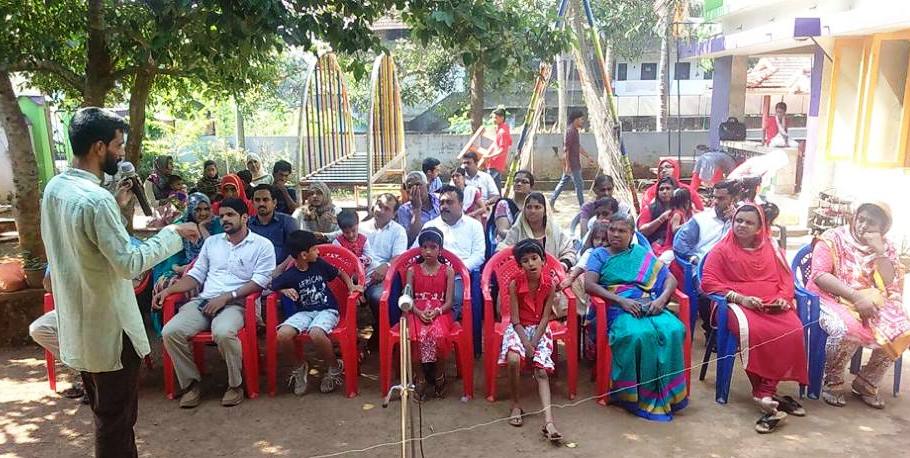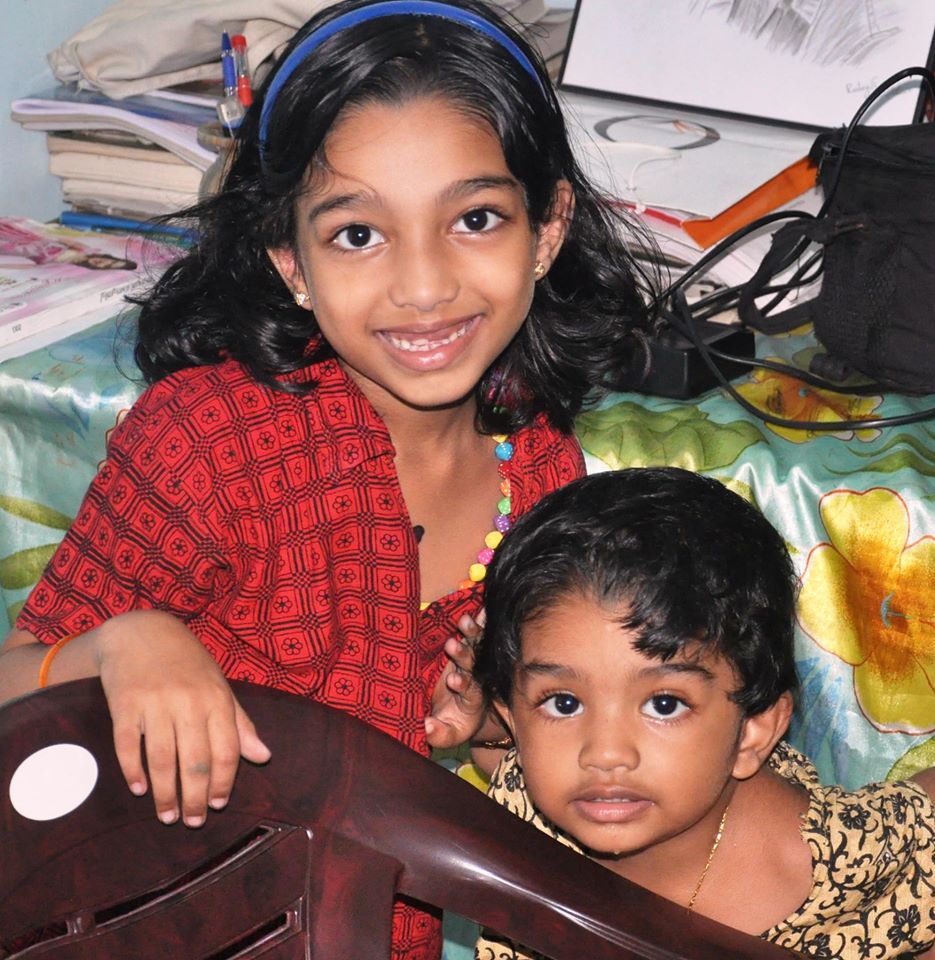The Mess of Enrolling Your Child in a School
Which school to choose and why – the frustrations and confusions of a parent while enrolling the first child in a school; republishing an old note.
I was seeing a Montessori classroom for the first time. The amazing range of materials my friend Azeez bhai showed and explained to me just won me over. A very unconventional hall with many study materials being placed in interesting order. I missed Rasheeda, my wife, as we have been discussing and discussing for the last few weeks about the “right school” to be chosen for our elder daughter Haniya, who hasn’t been to kindergarten. “They don’t call it a school,” told Azeez bhai, “They call it a house of children.” He has had his considerable effort and time passionately invested in exploring, visiting and studying about non-mainstream schools across the Southern India. His introduction to the Montessori system struck me, with a lot of freshness in perspective, despite the non-house office-like structure of the toddler Stellar Kids Montessori House at Chenguvetti. This reference to a disagreement with using the word “school” reminded me of the days I used to be enthusiastic about reading Ivan Illich, Yusef Progler, Paths of Unlearning by Shikshantar and promoting books like Totochan and films like Dead Poets Society. And those encounters with Claude Alvares and the labour with which I completed Syed Naquib Al Atas. I was then teaching at Santhivayal school and was lucky to have colleagues with wonderful ideas.
Alternative ideas in education has always attracted me, but I found it less and less practical, or non-existent, at least in my surroundings. Ali Manikfan is a living example of home-schooling; I have stayed and travelled with him and his grand children. The way he teaches his kids is enviable. Still, the issue of socialisation was there, I doubted. And it was not practically applicable for many parents. Kanavu by KJ Baby mash was also an appealing experiment. Durability indeed is a concern, there, too. Our first visit to Kanavu gave us great hopes. Last time when I visited there, a few years back, being assigned by the SIO state committee to present a paper in a session, I found its spirit deteriorating. While watching Razi’s documentary on Saratchandran, The Third Eye of Resistance, I realised my doubts were not unfounded.
In spite of my personal experience as a former school teacher and a few magazine assignments on education (alternative and mainstream), it was only now I realised the gravity of the issue. I understood why parents spend fortunes for educating their children. Discussions with my friends taught me that every parent is perplexed at the same issue with similar concerns. When your child starts going to school, your world has a different dimension. Almost all affordable schools in and around my place Ramanattukara were visited and studied. Entrance tests, donations, conditions, skepticism about if she can pick up lessons as she hasn’t been to any pre-school. When you are happy about one aspect at a school you are worried about another thing. It remained the same everywhere. Every time, when I met potential teachers who might teach my kid, I meditatively looked back at myself as a teacher: what would those parents have thought when they came to enroll their children and saw me. It is altogether a disappointing scenario. “Education here is a total mess”, was a deeply imprinted cynic conclusion that one of my respectable and learnt friends made after a long discussion. There was nothing disagreeable. But should it remain so for ever?
However, eventually, Rasheeda and I, with the support of my parents, made our minds to enroll Niya mol at Govt UP School Ramanattukara. Azeez bhai endorsed my decision. Honestly, I loved the Montessori system – despite the fact that I have no serious understanding of the subject apart from some basic reading I had done and what he told me over there – for its organic faith in natural human capabilities. For its respect for children’s freedom, choices and creativity. It promotes self-learning and self-correction. Peer learning also plays a vital role as children of mixed age groups interact here regularly. Uninterrupted activities that might lead to discoveries also attract. It functions, perhaps, on the basic philosophy of that great Italian educator Dr. Maria Montessori, that children love to work individually and independently. Guidance and demonstration, rather than long lectures in movement-restricted rooms, would lead them to better states of minds. Yet, I am not a full fan of Montessori system, as I am sceptical about certain aspects. Azeez bhai showed me a book which explains answers to many queries. I thought at least among the systems that preached working outside the mainstream factory schooling, this is far better. But Chenguvetti is too far to go for our kid, Rasheeda concluded the discussion. Children all over the world walk to school and run back home, says an old ad. There are many reasons for that.
Post Scriptum: Now, in 2016 January, Niya mol has completed three successful years at her government school. Initially, her caring teachers used to ask me and my wife, whenever we visited her school, to give her additional attention as she missed KG lessons. However, she picked up quickly, to our great relief; I often worried she suffered for our decision to give her two years of freedom to play at home, away from pre-school burdens. However, considering the amount of teaching that goes to the kids’ heads nowadays in KG sessions, I now find it advisable to enroll kids at LKG itself until you give them conscious home schooling – our younger daughter Mutth is now attending LKG at the same government school.
By MUHAMMED NOUSHAD

